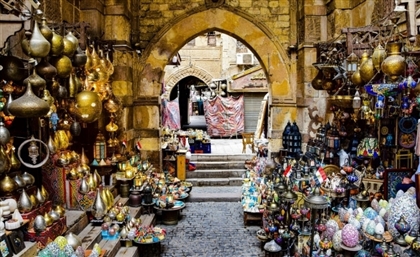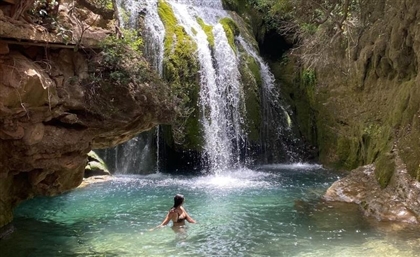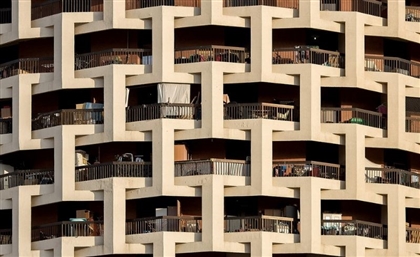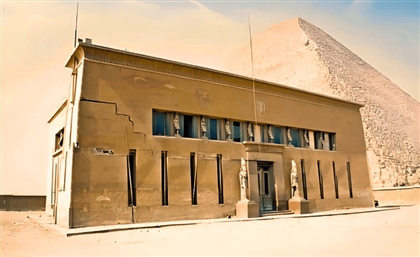Spilling the Tea Across the Middle East & Beyond
In the Middle East and North Africa, spilling tea is taken to a whole other level.

In the Middle East and North Africa, tea isn’t just tea—it’s warmth in a glass, history in a handful of herbs, and a ritual that brews its way into every gathering.
From windswept dunes in Wadi Rum to buzzing souks in Marrakech, tea connects strangers, sweetens stories, and softens silences. It’s poured for guests before questions are asked. It’s sipped while the sun sets, conversations linger, and time slows down.
Carried from China along the Silk Road and folded into local traditions over centuries—from the Ottoman courts to Bedouin tents—tea didn't just arrive in the MENA region, it thrived. And while every country has its own version, what unites them is the act itself: the sharing, the brewing, the serving. For travellers, the best way to understand a place might just be by following the scent of tea leaves steeping nearby.
This is your SceneTraveller guide to the many teas of the Middle East — how they’re made, what makes them special, and most importantly, where to taste them for yourself.
Black "Koshary Tea" | Egypt:
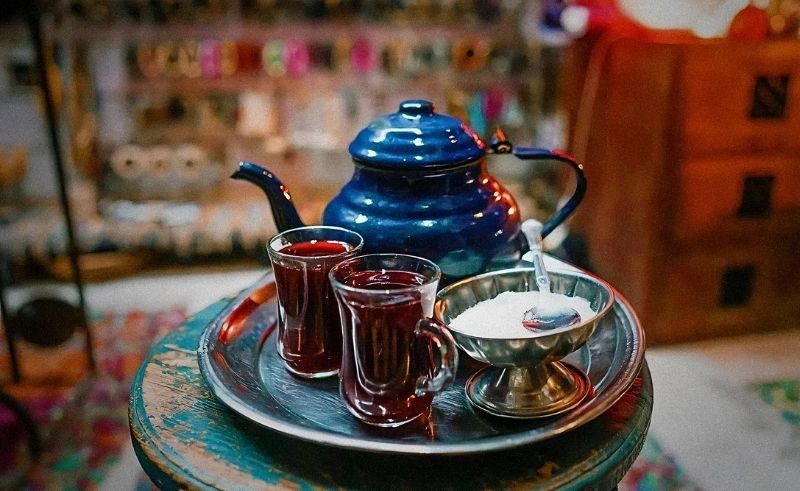
Strong, sweet, and to the point—this no-frills black tea is brewed with loose-leaf brands like El Arosa and poured into small glasses, often served with sugar cubes and sometimes mint. It’s a daily fixture at qahwas (traditional street cafés), where men play dominoes and arguments stretch for hours.
Try It: Head to Cairo’s El Fishawy Café in Khan El Khalili, or for a seaside cup, sip it at Tazkarti Café in Alexandria overlooking the corniche.
Moroccan Mint Tea | Morocco:
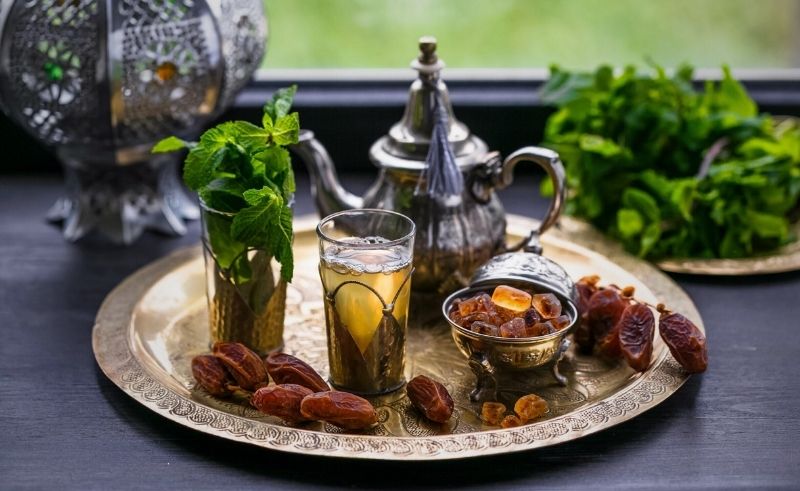
Known as "atay," this theatrical green tea blend with spearmint and sugar is poured high to create a foamy crown—a sign of both hospitality and flair. It’s typically served in three rounds: the life, the love, the death.
Try It: Take a Moroccan mint tea workshop at La Maison Arabe in Marrakech, or visit Beldi Country Club for a slow garden tea moment among rose bushes and Berber pottery.
Libyan Red Tea | Libya:
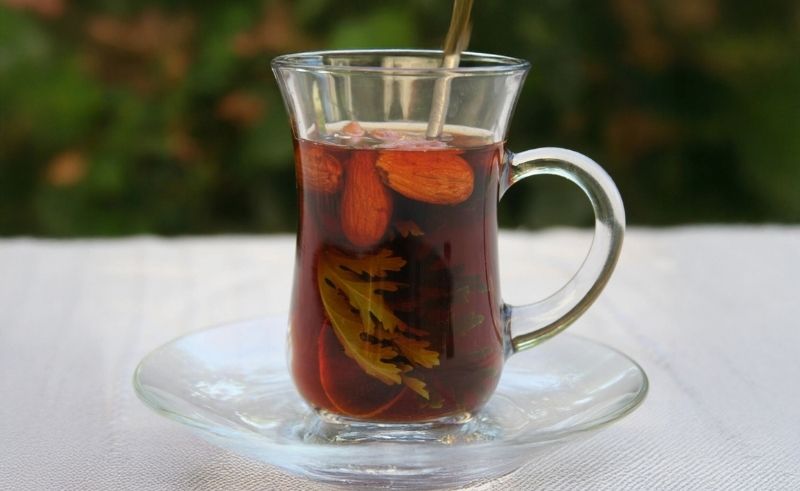
Brewed long and strong, Libyan tea is a deep red-black brew topped with thick foam and served in rounds. The twist? Roasted peanuts or almonds are dropped into the glass for texture. It’s social, slow, and always sweet.
Try It: While travel to Libya is limited, you’ll find Libyan-style tea in Tunis or Cairo at expat-run spots like Zahrat El Medan. Ask for the version with almonds.
Karak Chai | Gulf Region:
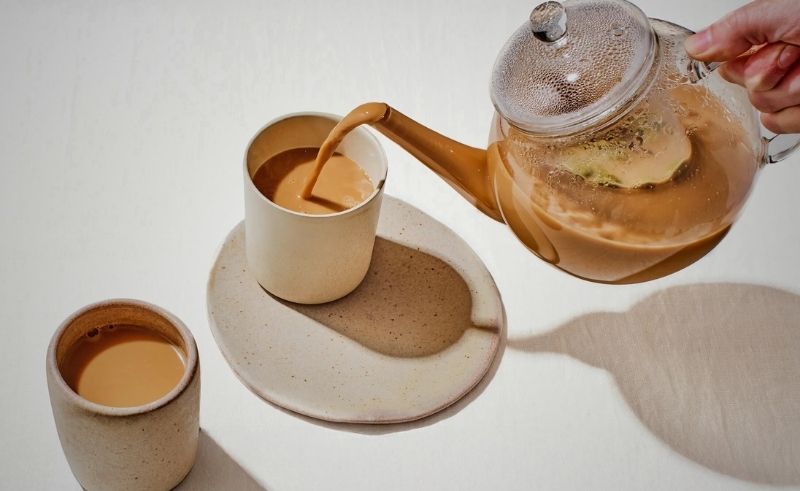
Creamy, spiced, and addictive—karak is the Gulf’s beloved street tea. Born from Indian masala chai and Gulf flavors, it’s thick with condensed milk, cardamom, cloves, and saffron. Found at every corner from gas stations to luxury cafés.
Try It: Get it from a drive-thru at Project Chaiwala or Koukh Al Shay in Dubai. For a fancier take, try RUME at That Concept Store, where karak comes with a twist.
Bedouin Tea | Jordan & Sinai:
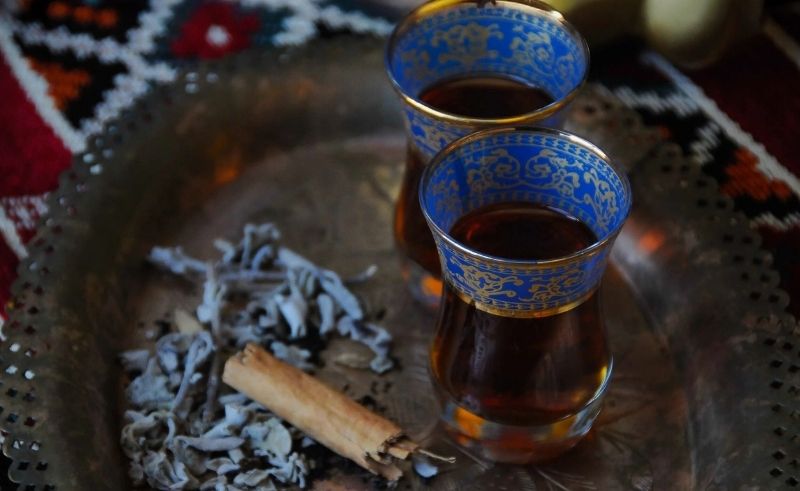
Brewed over open flames, often with wild sage or mint, this tea is smoky, herbal, and deeply tied to desert hospitality.
Offered in tents, mountain homes, and to any passerby—it’s a sign of respect and warmth.
Try It: Sip sage tea under the stars at a Wadi Rum camp like Memories Aicha, or with the Bedouin tribes in St. Catherine, Sinai after a morning hike to Mount Moses.
Iraqi Cardamom Tea | Iraq:
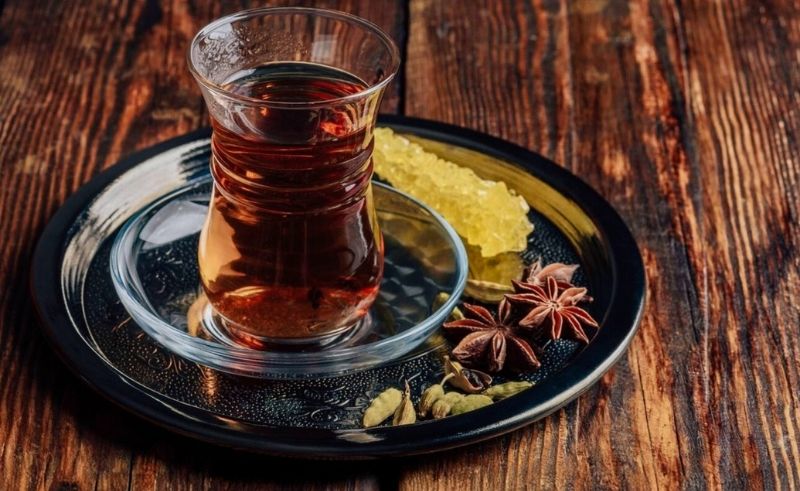
If you think the Iraqi dialect is strong, wait till you try their tea. Served in small glass istikaan, this tea is strong, black, and fragrant with crushed cardamom pods. Traditionally made in a samovar, it's sipped in the morning, after meals, and—let’s be honest—pretty much all day.
Try It: Experience a traditional Iraqi tea ritual at Bayt Baghdad if you're in Iraq, or visit Levant Café in Amman, which often serves regional teas with storytelling sessions.
Roasted Milk Tea | Sudan:
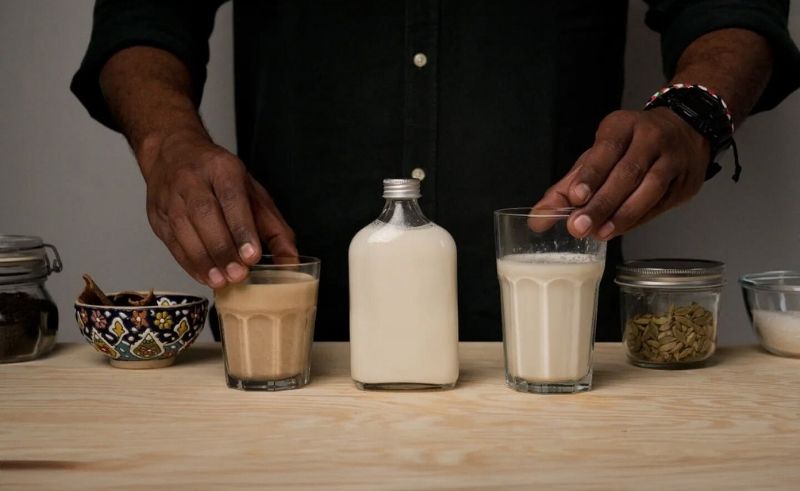
Rich and smoky, this Sudanese specialty scorches milk at the base of the pot before blending with black tea, cinnamon, cloves, and cardamom. It's caramelized comfort, usually served with lokmas (fried dough balls).
Try It: Try street-style Sudanese tea in Omdurman Souk, or sample it at SUD Kitchen in Cairo where they honour Sudanese recipes and traditions.
Pine Nut Green Tea | Tunisia:
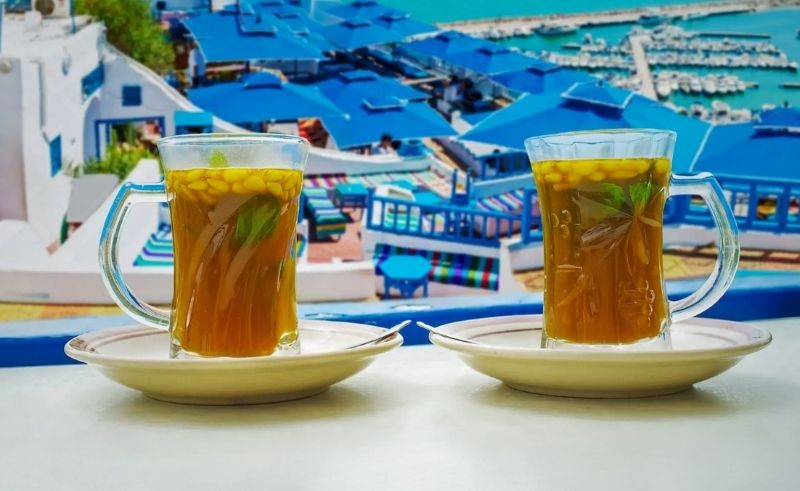
Elegant and ceremonial, this green tea with floating pine nuts is often reserved for guests and special occasions. Nutty, aromatic, and refined, it blends Berber and Arab hospitality.
Try It: Join a tea tasting session at Dar El Jeld Hotel & Spa in Tunis, or have it served post-hammam at La Kasbah in Kairouan.
Trending This Week
-
Feb 23, 2026








